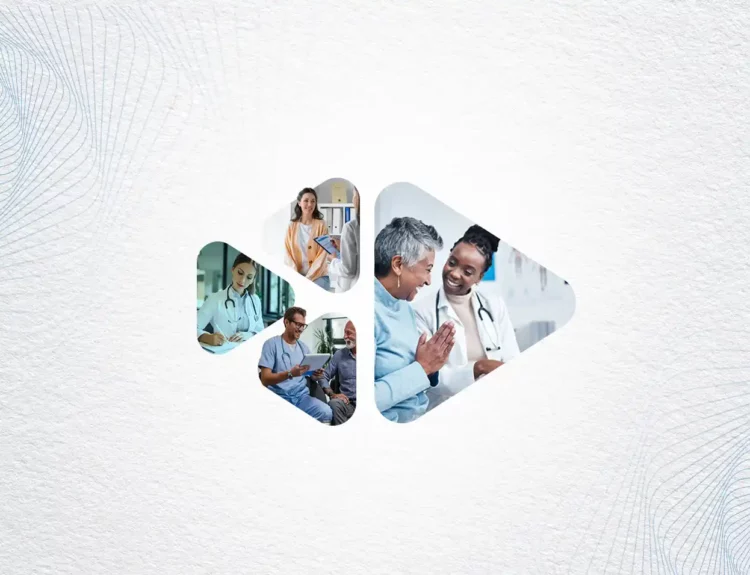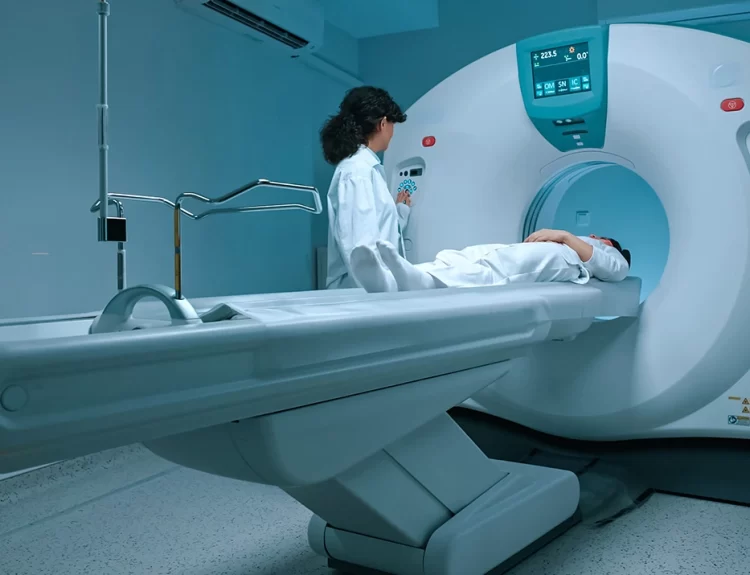If the continued rise of climate change-induced ailments, chronic illnesses, and rare diseases has taught us anything, it is that public health and economics are far more intertwined than ever before. These kinds of ailments have long-term repercussions on society, with far-fetched economic and financial implications that threaten to overburden health systems and jeopardize individual and public health.
Having left a global pandemic behind, the world has seen how health systems struggled to keep up with unprecedented patient inflows and life sciences companies were in a mad rush to develop a viable and cost-effective vaccine that had to be distributed on a massive scale. So how can healthcare organizations and life sciences companies build strategies to be prepared for any contingencies mirroring the scale of a pandemic and work towards more cost-effective and equitable quality health solutions?
Health economics & outcomes research (HEOR) is showing them how.
As chronic conditions become more prevalent–further influenced by hyperconsumerism–and rare diseases remain challenging to treat, understanding the outcomes of various healthcare interventions is becoming increasingly essential for healthcare and life sciences organizations.
HEOR provides them with the tools they need to make informed decisions and build robust strategies that benefit the global population—whether it’s through improving resource allocation, assessing healthcare intervention effectiveness, or shaping health policies. Simply put, HEOR helps healthcare players figure out the way to sustainable healthcare, especially when resources are limited and the scale is large.
A Potent Antidote to Pressing Healthcare Challenges
From increased respiratory issues due to air pollution to the spread of vector-borne diseases, widespread repercussions from climate change can potentially overwhelm healthcare systems in the coming days. HEOR can help healthcare stakeholders evaluate the cost-effectiveness and outcomes of interventions designed to combat these emerging health threats. It also helps them decide where to allocate resources most effectively—whether on immediate emergency responses or long-term prevention strategies.
Compounding the threat of ecological imbalance are chronic illnesses, such as diabetes and cardiovascular diseases. They continue to be major health challenges worldwide, further fueled by factors such as aging populations and lifestyle changes. Managing chronic diseases often involves long-term, costly treatments that put a dent in patients’ finances.
These factors can impose significant economic burdens on societies, and affect the bottom lines of healthcare players. HEOR can provide healthcare and life sciences organizations critical insights into the long-term benefits and economic impact of various treatment options for chronic illnesses, be it lifestyle modification programs or advanced medical treatments.
Then there are rare diseases, often characterized by their low prevalence and high treatment costs. HEOR plays a pivotal role in helping key healthcare decision-makers assess the value of treatments for these conditions and understand the economic and clinical impact of new therapies—such as gene therapies for rare genetic disorders—to effectively allocate limited healthcare and medical research resources.
Giving a New Direction to Healthcare Market Analysis with HEOR
Facing the need to deliver top-notch products and services in a large-scale, research-intensive industry, life sciences companies are increasingly recognizing the importance of healthcare market analysis to stay competitive and meet evolving patient needs. While traditional market analysis methods like examining market trends, competitive landscapes, and patient demographics are still deemed the pillars of market analysis, these methods often lack a comprehensive assessment of the economic value and clinical outcomes associated with healthcare products.
Market research firms offering HEOR can help in this endeavor by facilitating smoother integration of HEOR into market analysis, providing a deeper understanding of the economic and outcomes-related aspects of healthcare interventions. These firms can design and conduct studies that evaluate the economic and clinical impact of healthcare interventions, analyze complex data sets, and provide actionable insights into the value proposition of up and coming therapies.
Our market research solutions can help you efficiently include HEOR into your healthcare and product management strategies. With a focus on maximizing return-on-insights and optimizing costs, we integrate domain knowledge, analytics, and technology to design innovative business strategies for healthcare and pharma clients.
When it comes to our ability to develop dynamic methodologies and frameworks for comprehensive healthcare market research and analytics solutions, the numbers and variety speak volumes.
Our proprietary digital panels offer life science and healthcare organizations access to a diverse network of specialty physicians, healthcare professionals, allied health professionals, pharmacists, medical technologists, patients, caregivers, and insurance experts across 39 global markets. The panels collect data from more than 150 therapy areas in more than 80 markets, especially from the healthcare and life sciences sectors.
One of our other core focus areas is to address complex and rare health conditions globally. Our extensive in-house therapy area database encompasses over 150 indications supported by a vast collection of more than 1250 questionnaires, 800 prescription analogues, 750 regulatory and reimbursement documents and 450 KPI metrics.
With the data-driven insights gathered from our healthcare panels, life sciences organizations can more effectively conduct HEOR and better navigate the ever-evolving healthcare trends. They also get to optimize their healthcare interventions, and ultimately deliver more value to patients and stakeholders alike.
The Strategic Imperative: Incorporating HEOR in All Aspects of Modern Healthcare
A cursory look at current and projected trends makes one thing clear: HEOR is increasingly emerging as a strategic necessity for healthcare and life sciences organizations aiming to navigate the complexities of modern healthcare and make a real impact in a world where every decision can affect individual lives and broader public health outcomes.
As they face mounting healthcare management challenges, they must incorporate HEOR as an integral part of their services and product development strategies. This is the perfect place to start building more resilient and responsive healthcare systems and ensure a more sustainable, economically viable healthcare model for all.







